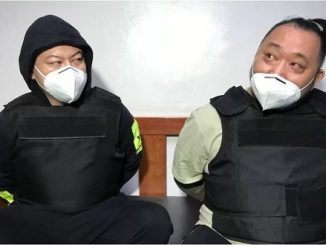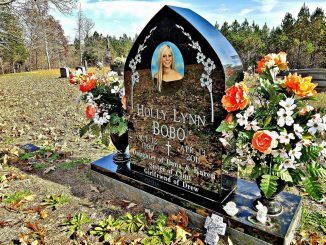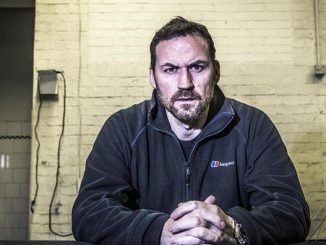
The Philippines’ Supreme Court ruled Tuesday that the late dictator Ferdinand Marcos can be buried at a heroes’ cemetery, a decision that opponents said rolled back the democratic triumph of the “people power” revolt that ousted the strongman three decades ago.
“While he was not all good,” the 15-member court said in passing judgment on one of Asia’s most infamous strongmen, “he was not pure evil either.”
Court spokesman Theodore Te said the justices voted 9-5 with one abstention to dismiss petitions opposing President Rodrigo Duterte’s approval of the Marcos family’s plea for the dictator to be buried at the Heroes’ Cemetery in metropolitan Manila, where former presidents, soldiers and national artists have been interred.
The decision on a deeply emotional issue that has divided the poor Southeast Asian nation can be appealed.
The dictator’s son and namesake, former Sen. Ferdinand “Bongbong” Marcos Jr., thanked the high court for its “magnanimous act to uphold the rule of law” and expressed his gratitude to Duterte.
“It is our sincerest hope that this will lead the nation towards healing,” Marcos Jr. said in a statement, citing the decades of discord over his father’s burial.
The Supreme Court dismissed seven petitions, including by former torture victims under Marcos, that argued that an honorable burial for the dictator is “illegal and contrary to law, public policy, morals and justice.”
At the height of the political turbulence, Marcos flew to Hawaii, where he lived with his wife, Imelda, and children in exile until he died in 1989.
The Marcos family did not immediately announce a burial date.






Be the first to comment